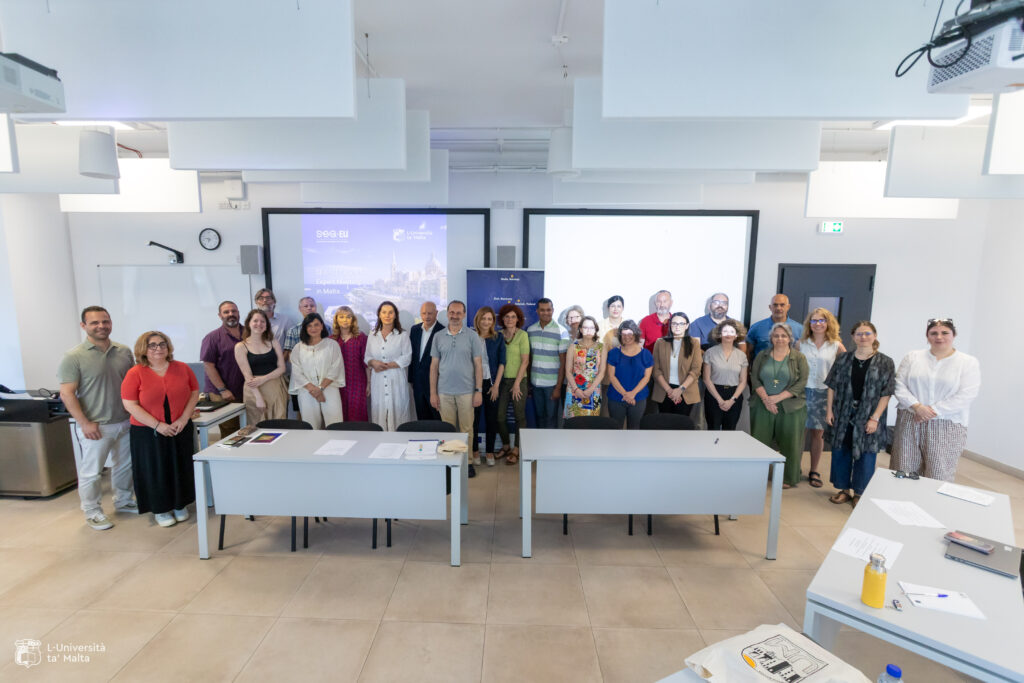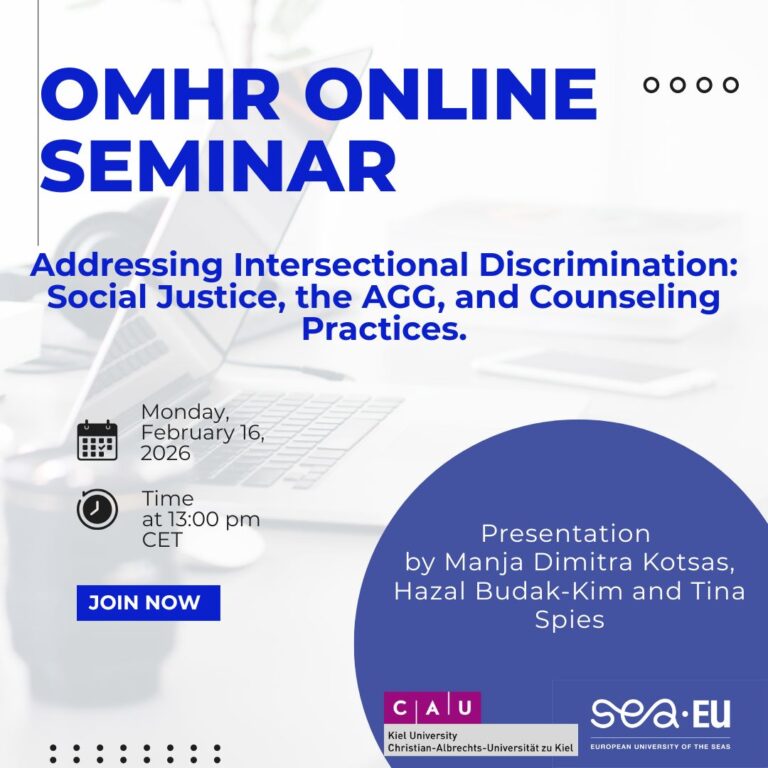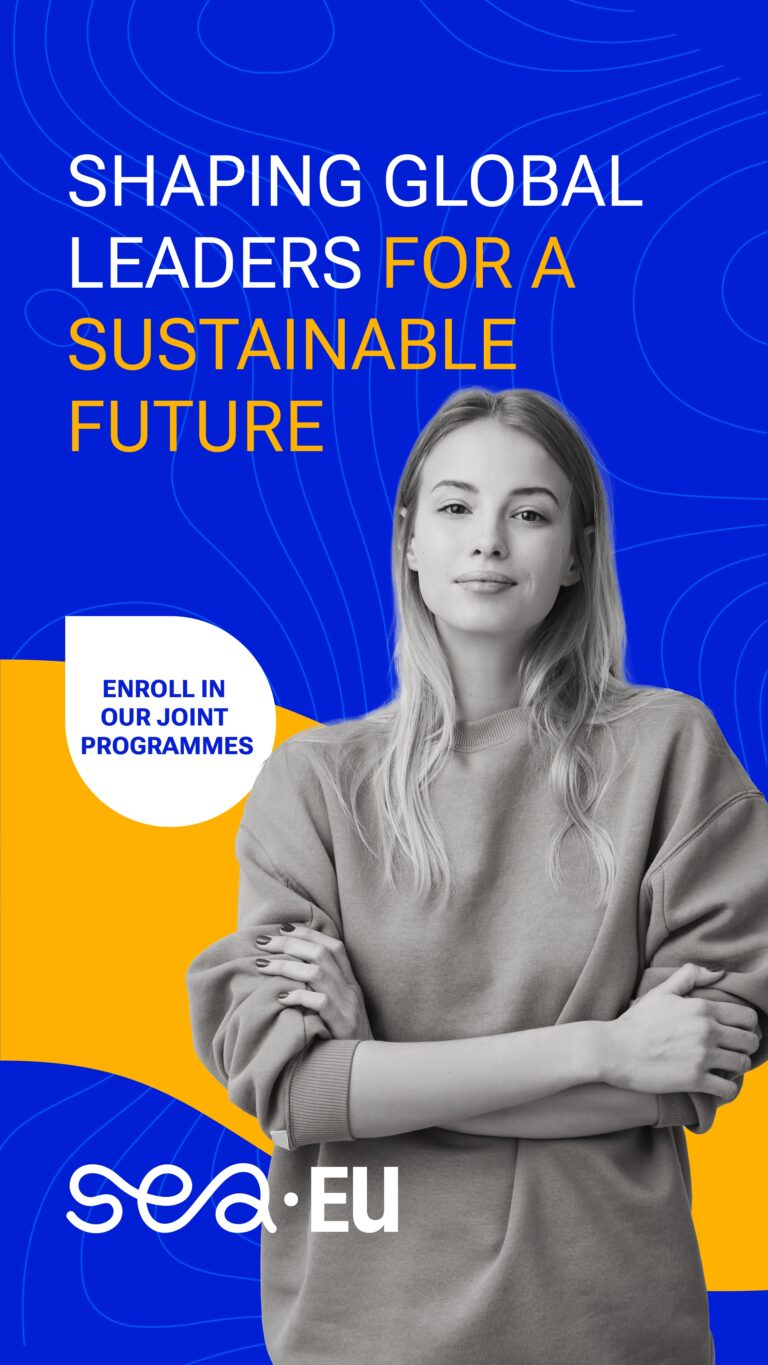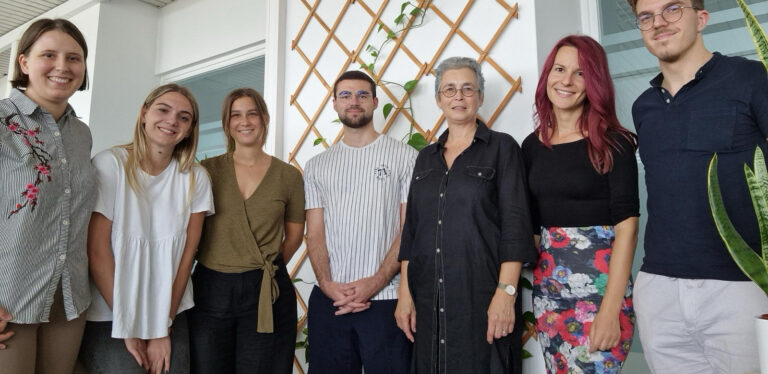
Linguistic richness and diversity are synonyms with Europe, which has almost 300 official languages. Which means that a broad linguistic competence is quite necessary for communication and understanding, trade and conviviality. All the more so when dealing with port cities, whose economic and social pulse throbs with the rhythms of maritime commerce and exchange.
SEA-EU universities serve coastal and island communities, and so they totally understand the importance of both regional and national language protection and promotion, as well as competence in some of the many international languages that smoothen European dynamics and mobilities. Task 4.6 within SEA-EU 2.0 is at the forefront of this linguistic effort: already it can boast of having supported hundreds of our universities’ students and staff to assume and strengthen their pluri-language skills and repertoires. Such activities are underway via physical and virtual language courses, various language-based micro-credentials, as well as a virtual tandem language exchange. Crowning these achievements is the eventual adoption of a language policy by each of the 9 SEA-EU universities by end 2026.
A review of the work underway as part of Task 4.6 took place over a 2-day meeting hosted at the University of Malta over June 11 and 12, 2025. All 9 SEA-EU universities were represented. Discussions dwelt on the creeping influence of generative AI, the dominant role of English as lingua academica, the opportunities facing non-English foreign language departments at our universities, the status of L-Ilsien Malti in Malta and UM, and fun ways of encouraging tandem language exchanges (including generating songs). The meeting included a guided tour of the Malta Archaeology Museum and of parts of the old towns of Bormla and Birgu.
The successful event was opened by UM Rector Prof. Alfred J. Vella, and chaired by the co-leads of Task 4.6, Prof. Godfrey Baldacchino (UM) and Alina Swebocka (University of Gdańsk, Poland).
The event was organized by the SEA-EU Office at UM, which also presented key updates on task milestones, deliverables and KPIS for task 4.6 and facilitated discussions among participants from multiple institutions.
This event exemplifies SEA-EU’s ongoing efforts to create meaningful opportunities for academic exchange, professional development, and the strengthening of international partnerships across its network of universities.



